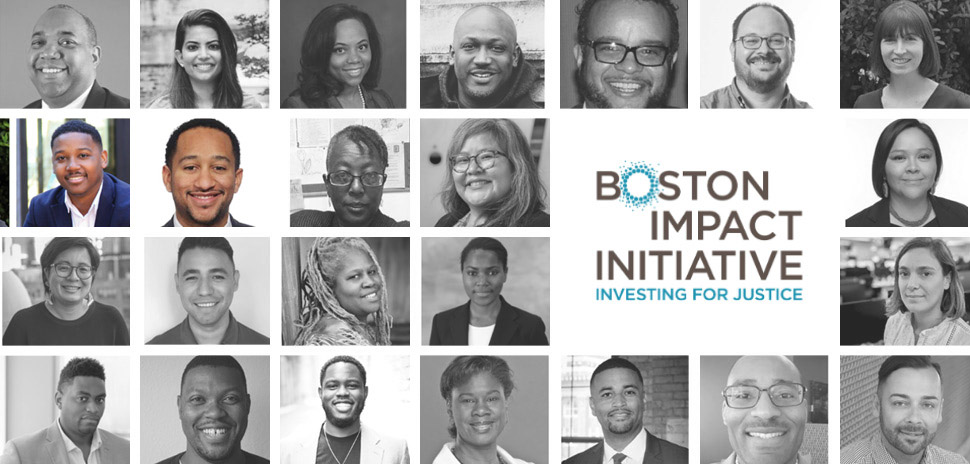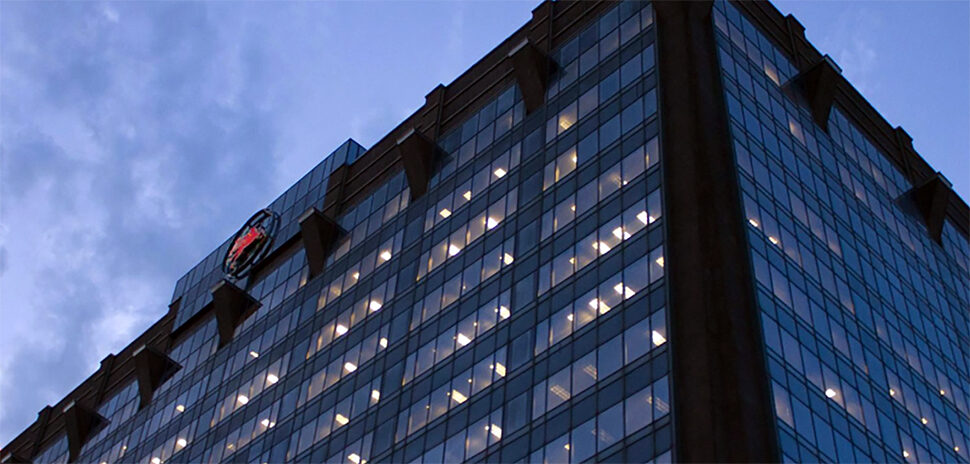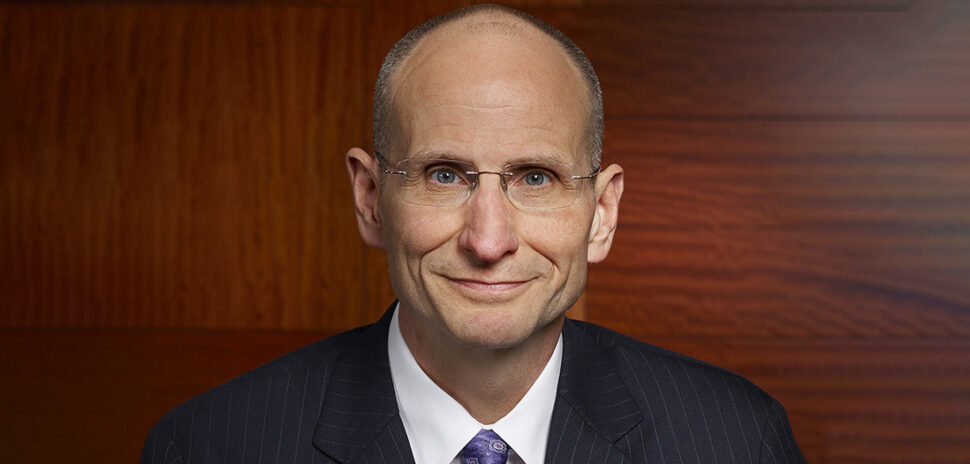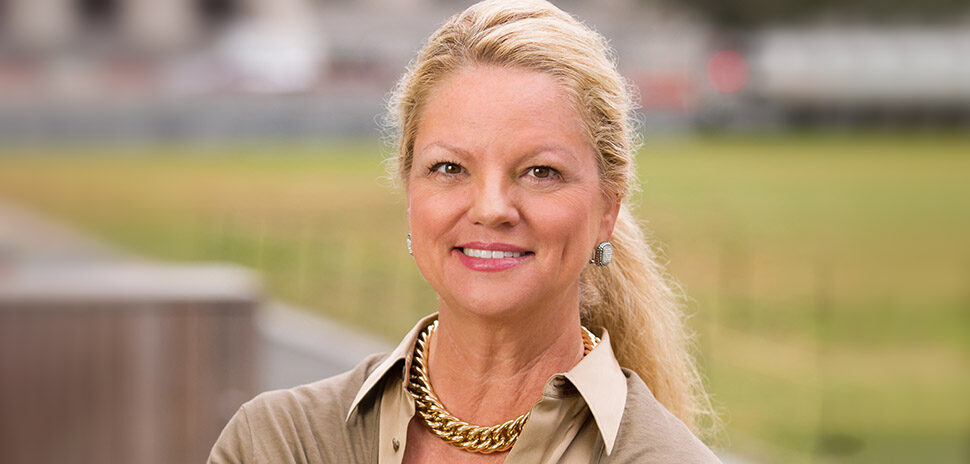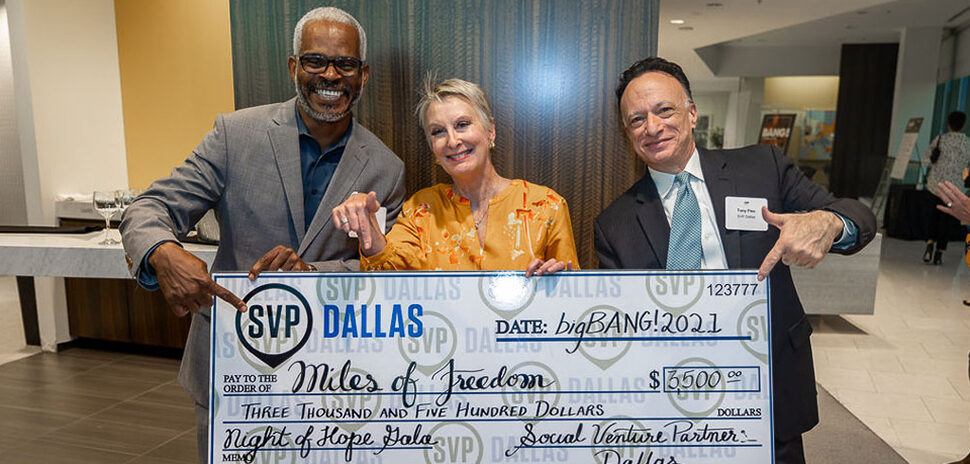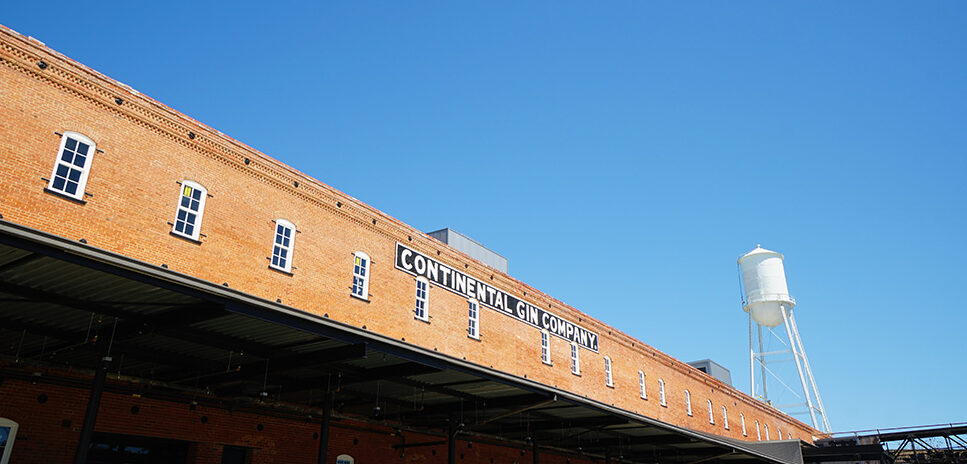Two Dallas social impact pioneers, Benjamin Vann and Brandon Anderson, have been selected to be a part of the 2020 Boston Impact Initiative’s Fund-Building Cohort. The Boston Impact Initiative (BII) deploys capital to help close the racial wealth divide in its community, and now it’s sharing that knowledge with activists, investors, and community foundations across the country.
The Boston Impact Initiative is a place-based, impact investment fund that focuses on economic justice—meaning it invests in the opportunity for all people. BII takes an integrated capital approach, which combines investing, lending, and giving to put money to work in the local community.
Since its founding in 2013, BII has put more than $6 million in integrated capital to work at over 50 enterprises that are majority governed, run and staffed by people of color in Eastern Massachusetts. Through enterprise ownership, the funds help communities of color build wealth.
BII is taking what it’s learned over the last six years to help other communities.
Its ambition is to build a model that other investors around the country can contribute to—and that’s where Vann and Anderson come in. The BII Fund-Building Cohort was created to address needs in various communities across the U.S., including Dallas-Fort Worth.
Dallas-Fort Worth fellows named
Twelve communities with two representatives each were selected for the program. Vann and Anderson were selected as fellows to join 24 other leaders throughout the nation working to build place-based integrated capital funds.
The BII Fund-Building Cohort is an 18-month program for existing and prospective fund managers from across the U.S. to share learning with communities elsewhere. The purpose of these funds is to build sustainable, inclusive, and equitable local economies that aid communities of color.
Amidst the coronavirus crisis, Vann and Anderson look to the future.
“This presents the opportunity to show how resilient we are as a country—and this time it’s critical that we advocate for the communities who are often left out of the economic equation.”
While they could view the COVID-19 outbreak as a setback, instead they see it as “something to propel us into an economy that works better for all,” said Vann in an email to Dallas Innovates. “This presents the opportunity to show how resilient we are as a country—and this time it’s critical that we advocate for the communities who are often left out of the economic equation.”
The cohort is facilitated virtually, and given the coronavirus climate, a virtual summit-style session will take place in lieu of the scheduled in-person meeting in June.
Anderson is the Director of Business Development and Corporate Strategy at Dallas-based startup MB2 Dental Solutions. MB2 Dental, founded in 2007, offers a partnership model that invests in dentists, allowing them to take control.
“The primary focus of these funds will help close the racial wealth divide in Dallas-Fort Worth,” said Anderson in an email, “throughout the 18-month program, Benjamin and I will learn from activists, investors, community foundations and other place-based organizations with a commitment to economic justice-based investments.”
“The primary focus of these funds will help close the racial wealth divide in Dallas-Fort Worth.”
Anderson, a Dallas native, learned how divided Dallas was for minorities during his time at a private Dallas high school, he says. Anderson seeks to change this narrative with Vann as they matriculate through the BII Fund-Building Cohort. “It is very important for us to help level the playing field for minorities who often-times lack the opportunity and resources,” he said. “As the Jesuit credo states, we will continue to be “Men for Others” as we strive to bridge the wealth gap.”
“While each fund will be legally independent—uniquely designed to best fit its region—and governed by community leaders, the funds will share core values, learning, and relationships,” said Anderson.
Vann is the founder of the Dallas-based nonprofit, Impact Ventures. Founded in 2017 with a mission to close the income and wealth gap for minorities and women, it assists underrepresented communities looking to break into the tech industry.
Collective and collaborative work is critical
This year, Impact Ventures launched its inaugural Accelerator Program, focused on supporting diverse business founders—the first of its kind in North Texas, says Vann. “Participating in the BII Fund-Building Cohort jumpstarts the third phase of Impact Venture’s work as the premier entrepreneurship accelerator program in Dallas dedicated to increasing the number of investment-ready startup and growth-oriented SMB’s led by under-estimated women and entrepreneurs of color,” he said.
“With the current and projected impact of COVID-19, this presents a clear case of why a fund of this kind should exist in Dallas to support minority business owners, who are often the most vulnerable to unexpected occurrences such as this.”
“It is critical for us to work collectively and collaboratively to help level the playing field for minorities who often-times lack access, opportunities, and resources, specifically here in North Texas,” says Benjamin Vann. “Through its fund-building cohort, BII seeks to catalyze inclusivity in the national entrepreneurial ecosystem by sharing its own experience, tools, and resources with existing and prospective fund managers.”
Now small businesses are facing the COVID-19 challenges, and the connection for what’s happening locally and the need for a fund of this kind, are perfect timing, said Vann.
“With the current and projected impact of COVID-19, this presents a clear case of why a fund of this kind should exist in Dallas to support minority business owners, who are often the most vulnerable to unexpected occurrences such as this,” said Vann. “We see the need for a low cost, non-predatory integrated capital fund that supports minority-owned firms of all types looking to scale.”
Get on the list.
Dallas Innovates, every day.
Sign up to keep your eye on what’s new and next in Dallas-Fort Worth, every day.










